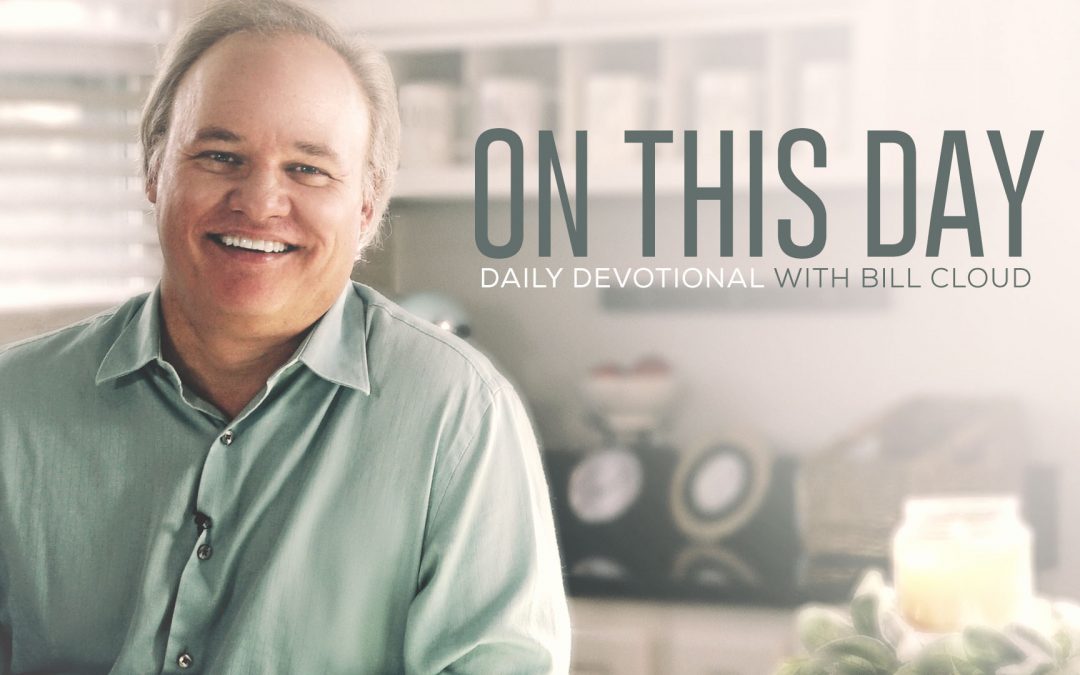It was on this day in the year 921 that the Jews of Egypt were made aware of a different calendar that had been adopted by a group of Jews in the land of Canaan. The Hebrew calendar, also known as the Hillel calendar, was initially instituted in a time when the Sanhedrin was being disbanded and Jews were being scattered all over the earth. There was concern that, eventually, Jewish people wouldn’t know when to keep the feast days and, consequently, lose touch with their faith. The Hillel calendar was developed, primarily, to keep everyone on the same calendar so that everyone would be keeping the Sabbath and the feast days at the same time.
When this new calendar was presented as the “true calendar,” it was seen as a threat to the stability of the Jewish people and their faith. This was not the first time this type of challenge had occurred. The first major challenge to the Hillel calendar came from a group of people called Karaites. Considering themselves to be Biblical literalists, they developed and observed their own calendar and, for the most part, were segregated from the larger Jewish community.
Why is this important for us to consider? When it comes to the Hebrew calendar, the argument could be made that there are problems with it when compared to certain passages of Scripture. However, by and large, the Hillel calendar has served the Jewish community well, if for no other reason than to solidify them as a community when it comes to keeping the feast days. Thus it is good for us to consider the value of unity even when we may differ in an opinion:
“Behold, how good and how pleasant it is for brethren to dwell together in unity! It is like the precious oil upon the head running down on the beard, the beard of Aaron, running down on the edge of his garments. It is like the dew of Hermon descending upon the mountains of Zion; for there the Lord commanded the blessing — life forevermore.” (Psalm 133:1-3)
The theme in these verses is unity among brethren which is, indeed, critical for survival. That does not that mean that we can’t disagree and have a differing opinion on matters. We are entitled to a differing viewpoint and, quite frankly, sometimes having a different view and perspective is quite beneficial to the body at large. However, we must remember that breaking up into factions over differing opinions can lessen our vitality and dilute our impact upon the nations. We should also keep in mind that the Adversary is like a “roaring lion, going about, seeking whom he may devour.” When a lion hunts, typically it will stalk the one that has distanced themselves from the rest of the herd. Being a maverick doesn’t always turn out so good.
When it comes to our opinions and viewpoints, we need to keep some things in mind. It’s okay to have a differing opinion and be passionate about it. And whatever the issue, provided it doesn’t obviously contradict Scripture, when we differ in opinion we can still respect another’s position. We must strive to demonstrate respect for our brothers and sisters in the LORD. The Messiah’s will as He expressed in John 17 is that we come together in the unity of the faith, not uniformity. We don’t have to all be alike to be united.
It is better that we do what is right than it is to be right in an disagreement. Just because we have the right to say or do something doesn’t mean that it’s necessarily right to say or to do. We must look at the bigger picture, have the heart of Messiah and work for the unity of the brethren. We must be those who strive to repair the breach that there can be restoration. One day we are to be ruled by one King and so we must work towards becoming one people, “dwelling together in unity.”
Shalom.


Yah bless you and yours
Thank you Bill! This is spot on and well written. My wife and I decided many years ago to follow the Jewish/Hillel Calendar for the purpose of unity, even though we think there are errors in it. We considered the “value of unity” to be more important (weightier matter) than being right. May we all stand tall and see the “bigger picture” in this and agree that it IS “critical for our survival”, and stop diving ourselves over it. Shalom and Blessings!